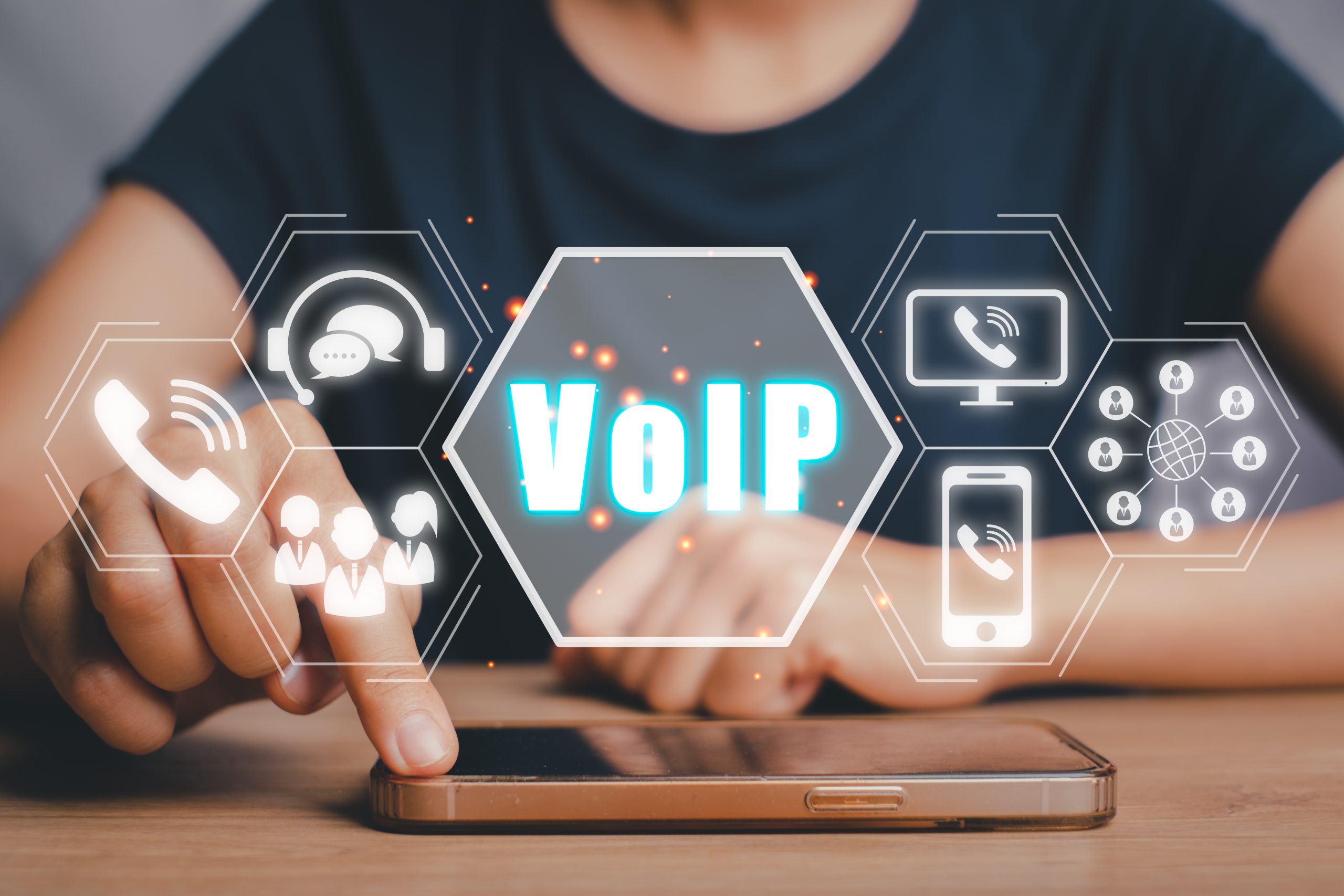If you run a VoIP service and handle calls to the USA, you know the game has changed. Robocalls and fake caller IDs made everyone distrust phone calls. Now, the FCC requires STIR/SHAKEN to fix this. For softswitch owners, VoIP service providers, and their operations teams, this isn’t just a tech buzzword; it’s a must-have to keep your calls going through and your business running smoothly.
Kolmisoft gets it. That’s why MOR fully supports STIR/SHAKEN. We’re here to help you stay compliant and build trust in your calls.
Why Your VoIP Business Needs STIR/SHAKEN
Simply put, if you send calls to the US, you need STIR/SHAKEN. Here’s why:
- Calls Get Blocked: US carriers are told to block calls that don’t have proper STIR/SHAKEN verification or come from providers not registered with the FCC’s Robocall Mitigation Database (RMD). If your calls get blocked, your customers can’t connect, and you lose revenue.
- Keep Your Reputation: When your calls get flagged as “spam risk” or don’t go through, it makes your service look bad. STIR/SHAKEN helps ensure your legitimate calls reach their destination and build trust.
- Connect with Other Providers: Many larger carriers now demand STIR/SHAKEN compliance before they’ll even connect with your network. If you’re not compliant, you might miss out on key business partnerships.
How MOR Helps You
MOR’s STIR/SHAKEN support makes life easier for your system administrators and NOC teams:
- Fewer Blocked Call Issues: With proper STIR/SHAKEN implementation, your legitimate calls are less likely to be flagged or blocked by downstream carriers. This means fewer support tickets and less troubleshooting for your NOC team.
- Clear Management: MOR provides clear settings for managing certificates and attestation levels. This allows your team to easily control how your calls are signed and ensure they meet requirements.
- Increased Revenue Potential: By ensuring your legitimate calls are properly signed and trusted by terminating carriers, you significantly improve call completion rates. This means more billable minutes, fewer failed connections, and a direct boost to your core VoIP service revenue.
How STIR/SHAKEN Works in MOR (The SIP Identity Header)
STIR/SHAKEN works by adding a “digital signature” to your calls. In MOR, this happens when we create the SIP Identity header for your outgoing calls.
Here’s the simple breakdown:
- Call Starts: When a call begins in your MOR softswitch, the system checks the STIR/SHAKEN settings.
- MOR Creates a “Trust Token”: Using your private security key (which you get from a certified authority), MOR creates a special digital package called a JSON Web Token (JWT). This token is like a tamper-proof stamp of approval for the call.
- Includes Key Info: Inside this JWT, MOR puts important details:
- The original number making the call.
- The number being called.
- A timestamp.
- An Attestation Level (A, B, or C):
- A (Full): MOR is sure about the caller’s identity and their right to use that number.
- B (Partial): MOR knows the customer, but isn’t 100% sure about their right to use the specific number (e.g., if it’s from a PBX).
- C (Gateway): MOR knows where the call came from (the gateway), but can’t verify the original caller or number.
- Adds to SIP Header: This entire JWT package is then put into the SIP Identity header of the call’s “INVITE” message.
- Verification Downstream: As the call travels to the destination, other carriers can check this SIP Identity header. They use your public certificate (which is publicly available) to verify that the digital signature is real and hasn’t been tampered with. This tells them if they can trust the Caller ID.
Getting Set Up in MOR
To enable STIR/SHAKEN in MOR:
- Update: Make sure you’re on the latest MOR X18 version
- Certificates: You need your own private key and a public certificate. You get these from a STIR/SHAKEN Policy Administrator (STI-PA). Remember, recent FCC rules mean you must sign calls with your own certificates.
Configuring it in MOR is easy:
- Configure global STIR/SHAKEN settings
- Configure STIR/SHAKEN attestation level on Provider (either based on CallerID number or default attestation level for all calls).
For detailed setup steps, including how to test your STIR/SHAKEN implementation, please check our full MOR STIR/SHAKEN Wiki documentation.
Stay Compliant, Keep Your Calls Flowing
The world of VoIP is always changing, and STIR/SHAKEN is a big part of that for US traffic. With MOR, you’re not just complying with rules; you’re making your service more reliable and trustworthy.
Want to get STIR/SHAKEN set up in your MOR system? Contact Kolmisoft, and we’ll help you ensure your calls reach their destination.
